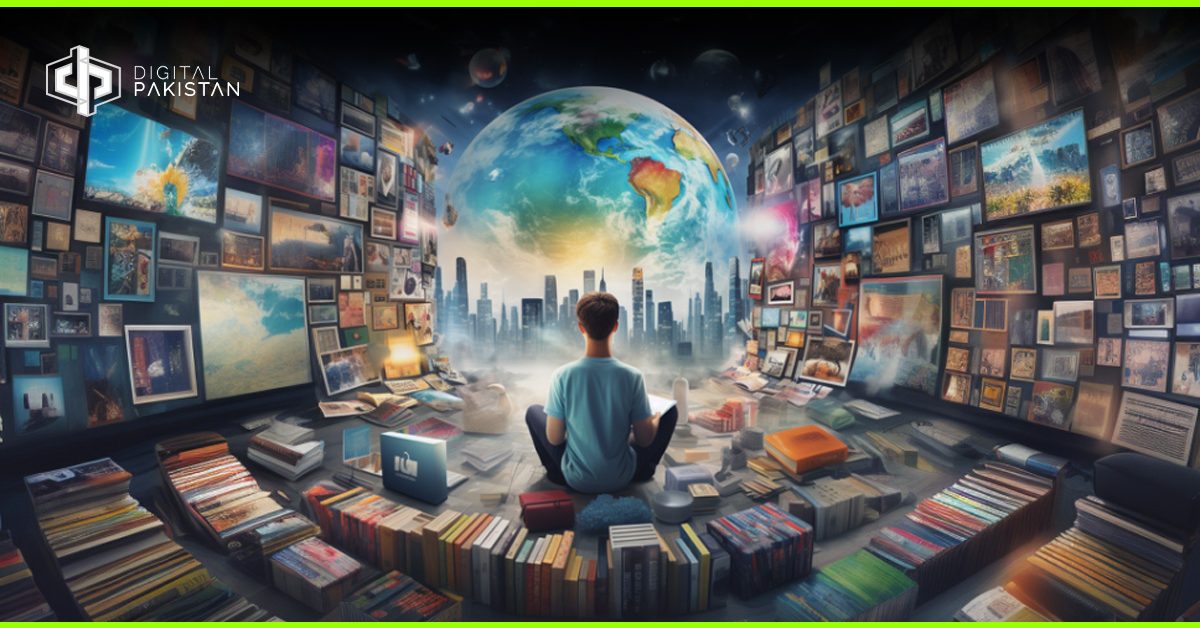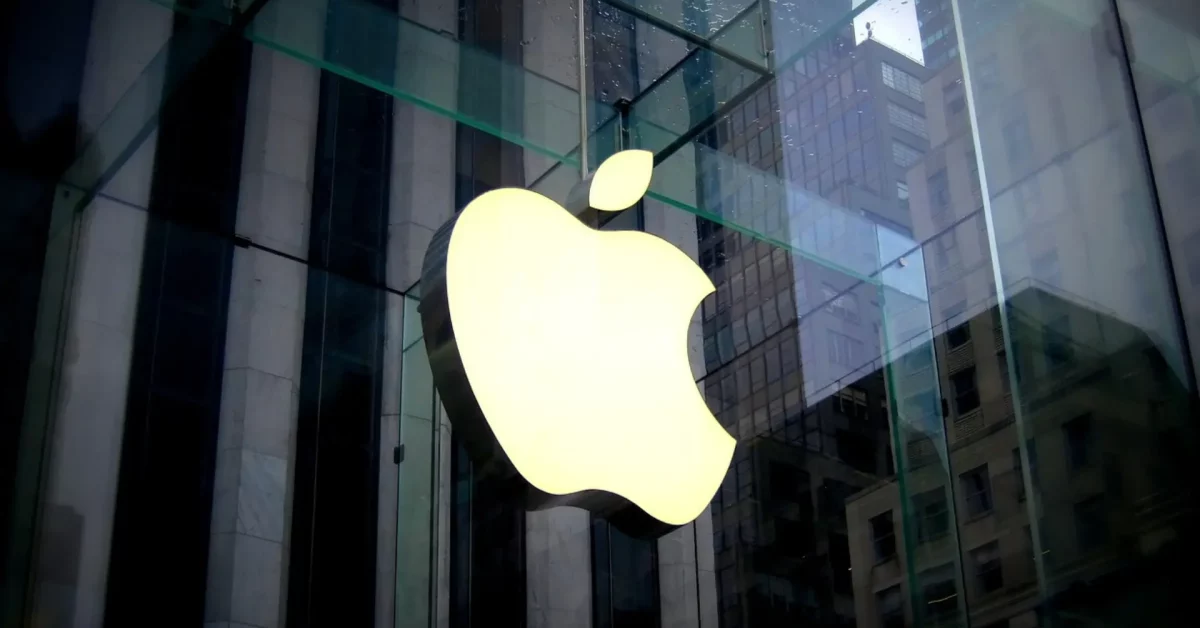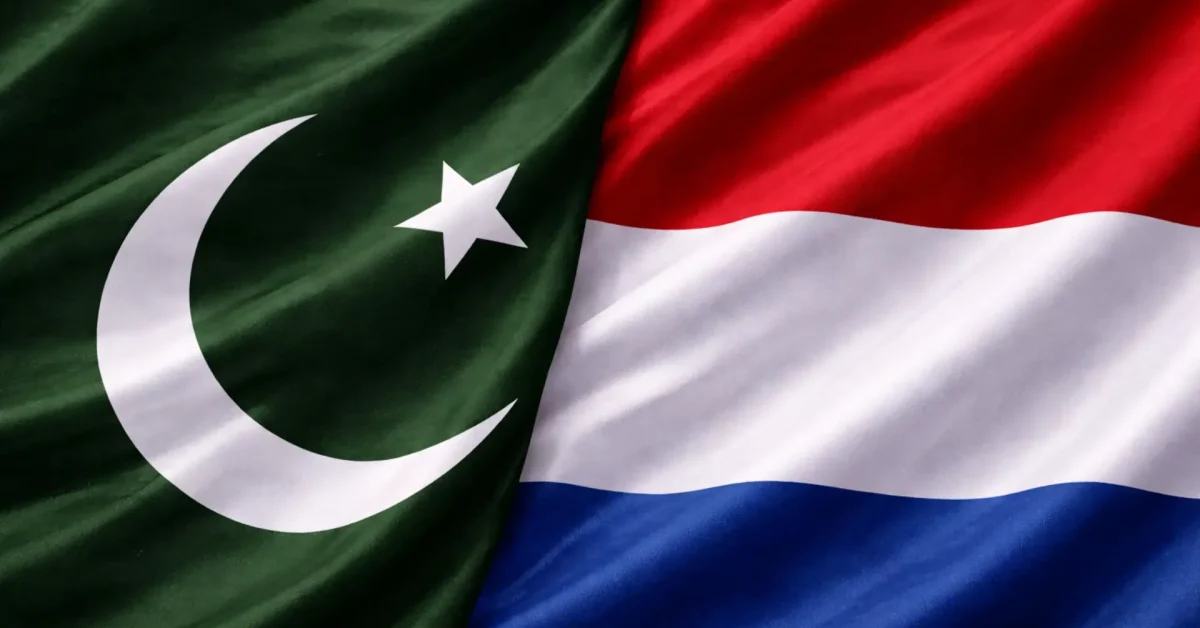
The fall of threads: A case of social media glut?
October 23, 2023
Cryptocurrencies in Pakistan: My gripes and concerns
November 12, 2023Mastering Media Literacy and Navigating the Digital Landscape
Welcome to the age of information, or more accurately, the age of information overload. Whether you’re scrolling through your social media feed, browsing news articles, or watching videos online, the digital world is a double-edged sword. As UNESCO celebrates the Global Media and Information Literacy Week between October 24th and 31st, let’s join them by familiarising ourselves with these ideas.
Look, we all know that we have the world’s knowledge barely a few clicks away, but it comes with a catch. Maybe it’s a small price to pay considering how much we get out of it, but really, avoiding it isn’t too hard either.
For instance, fake news, once considered the fodder for obscure tabloids, has found a new home on the internet. Misinformation campaigns, deepfakes, and viral rumours have demonstrated the perilous potential of digital media when in the wrong hands. The consequences are far-reaching, affecting not only individual beliefs but also shaping public opinion and influencing significant decisions. This duality of digital media – its potential for enlightenment and deception – necessitates a guiding light. That guiding light is media literacy.
Even the concept of digital citizenship has taken on unprecedented importance: it’s not merely about navigating the digital landscape but also recognizing the impact our online actions have on both the virtual and real worlds.
Being a responsible digital citizen starts with awareness and mindfulness of your actions in the digital sphere. It involves being critical of the content we encounter, verifying information before sharing it, and promoting digital literacy by encouraging others to do the same. Responsible digital citizens are expected to prioritise respectful and constructive engagement, refraining from cyberbullying, hate speech, and online harassment. By recognizing that words and actions online have real-world consequences, digital citizens aim to create a positive and inclusive digital environment.
Moreover, responsible digital citizenship extends to one’s own self too, in terms of safeguarding online privacy and security. This is relatively easy to achieve, and can be done by using strong, unique passwords, enabling two-factor authentication, and being cautious about the personal information shared online. Digital citizens like you and I need to be aware of phishing attempts, protect our devices with updated security software, and refrain from engaging with suspicious links or unknown sources. By practising good online security hygiene, we can contribute to a safer digital ecosystem for themselves and others.
While media literacy is a shield against misinformation, it doesn’t come easily. We need strategies to effectively navigate the digital realm. Fact-checking tools, such as the Community Notes feature on X, have become essential companions in our search for accurate information. They help us verify claims, debunk myths, and make more informed judgments, which ultimately guide our decisions and choices from something as trivial as what places to shop from, to deciding what stories to believe and who gets our votes.
Media literacy is about active and critical engagement with digital content – it’s the difference between a passive spectator and an informed participant. Balanced media consumption involves seeking diverse sources and viewpoints and actively seeking out information that offers different angles on the same story. Social media, while an incredible tool for connectivity, can easily become a breeding ground for echo chambers. We have a responsibility to use these platforms wisely, and to seek out different opinions and viewpoints. As we adapt to the digital world, let’s strive to create a space where truth and fairness prevail, and every voice is heard.






